ADVOCATING FOR SUCCESSFUL TRANSITIONS FROM EDUCATION TO EMPLOYMENT

Support our call for employability training to be delivered to all high school students
YEA leads a systems change initiative to support the delivery of education to employment programmes in schools that will ensure all young New Zealanders thrive in the changing world of work.
We represent a network of youth employment programme providers, employers, educators, local government, and community members, who want the future workforce to be equipped with the skills needed to create strong communities and a robust economy.
THE SYSTEM ISN'T WORKING
High School education prepares young people for university entrance, and yet ...
One in five school leavers only achieve NCEA Level 1 or lower |
60% of school leavers transition without University Entrance |
82% of school leavers have work or caring responsibilities |
70% of jobs require at least a restricted driver licence but only 24% of young job seekers aged 18-24 years old have a restricted or full licence |
A lack of understanding how to navigate career pathways contributes to nearly one in four youth suffering from high levels of anxiety, fatigue and depression |
The NEET (youth not in education, employment or training) rate increased in 2023 to 12.1% |
Only 40.3% of high school students met the criteria for regular attendance at school |
The YEA network has the expertise and experience to support the systems change |
COMMUNITIES ARE SUFFERING
Skill shortageslead to community decline. For years we've been hearing that employers struggle to find staff with the right skills. Their businesses suffer as a consequence, which leads to community decline. New Zealand businesses want employees who can ‘hit the ground running’. That typically means they can demonstrate 'transferable skills' and have the right attitude to be trained in the technical skills required for the specific job. For young employees to do this, they need to be taught employability skills, be provided with good career guidance, and be supported in work.
JOIN US
Make a difference, join our network and help shape a better future for our rangatahi and New Zealand businesses.




































